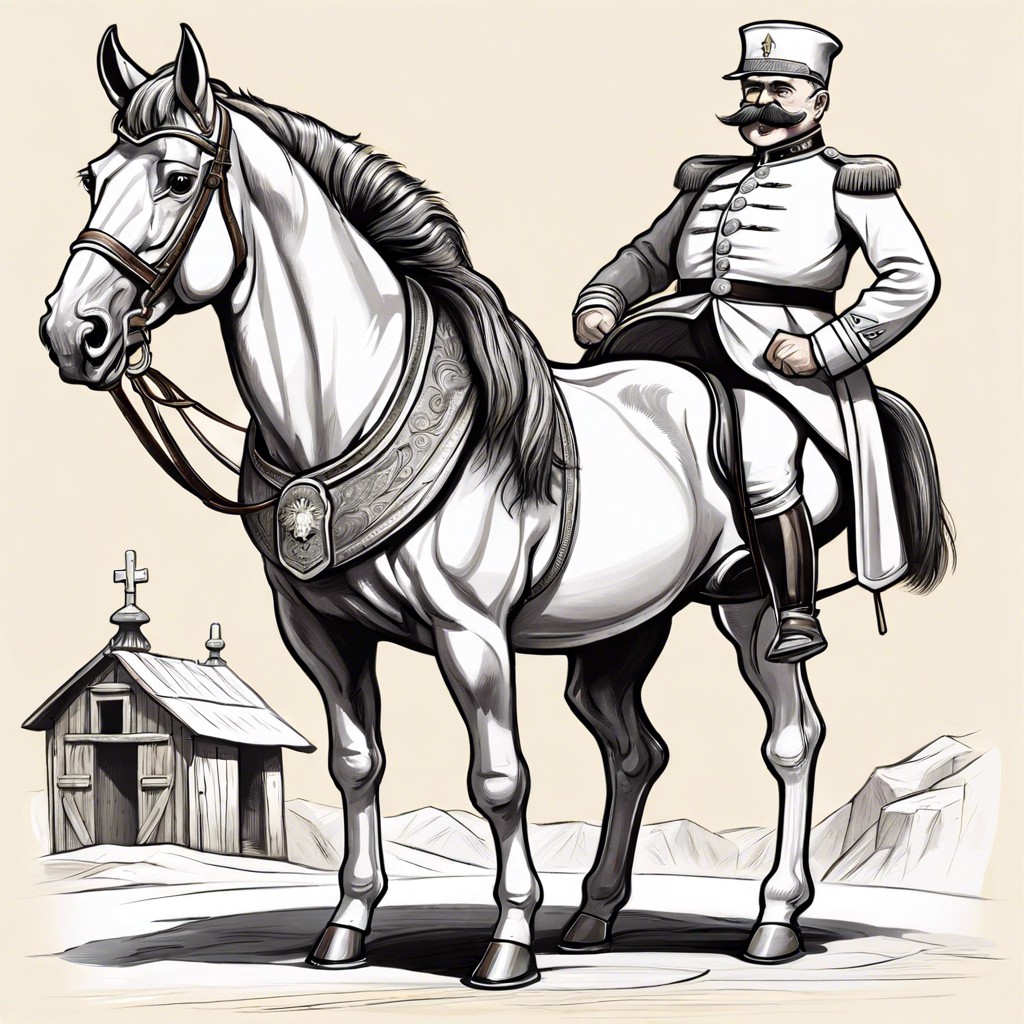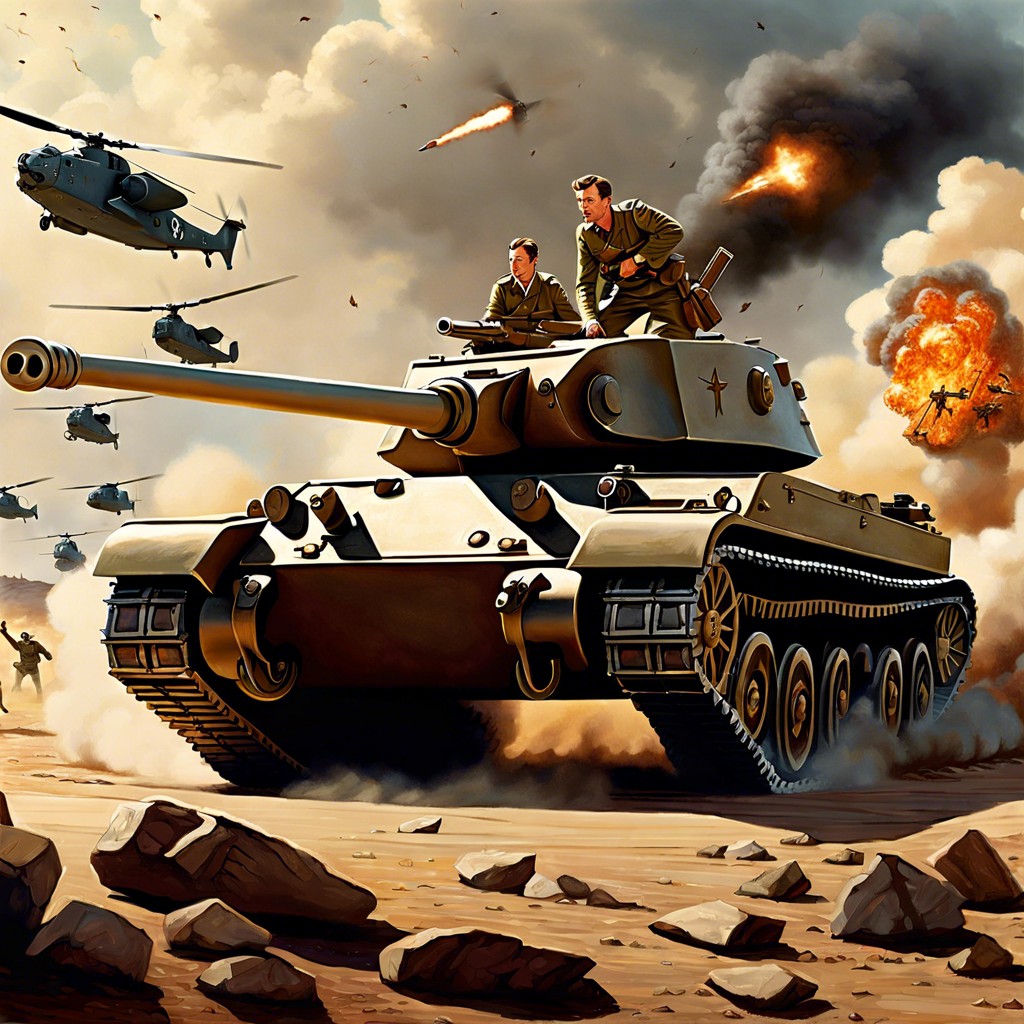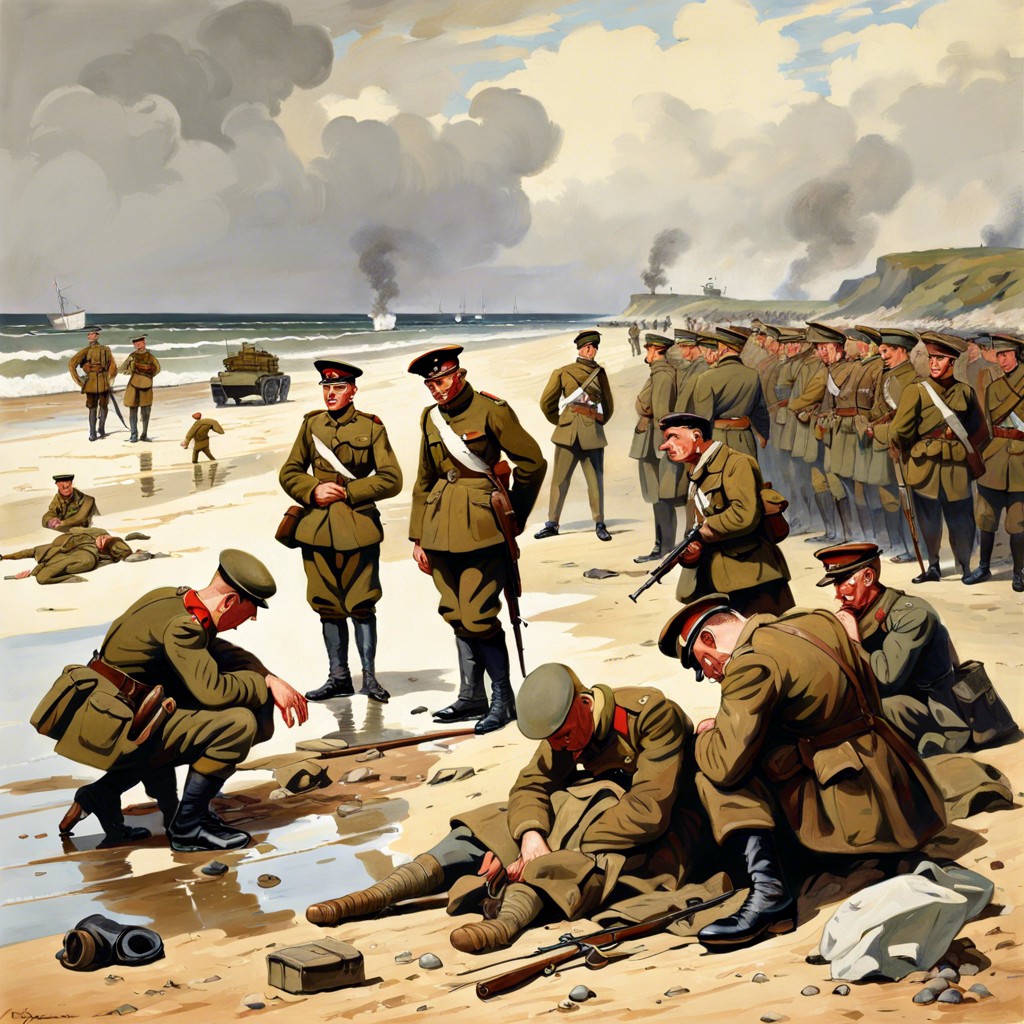Imagine a world where Archduke Ferdinand was never assassinated, changing the course of history and possibly preventing World War I.
Imagine a world where a single bullet didn’t spark a catastrophic chain of events. Yes, that bullet. The one that assassinated Archduke Ferdinand and dragged the entire globe into World War I. What if it never happened? The Austro-Hungarian Empire might have held itself together, Europe’s alliances could have taken a whole new shape, and perhaps we’d all be zipping around in hovercraft by now. Dive deeper as we untangle this historical knot, from the diplomatic dominoes to the technological marvels that might have been. Ready for a thrilling ride through an alternate timeline? Buckle up!
Key takeaways:
- Greater Austro-Hungarian Empire stability through Ferdinand’s leadership.
- Europe’s diplomatic relations and alliances remain intact and stable.
- Delay or prevention of World War I and a focus on peace.
- Technological and economic advancements flourish in the early 20th century.
- Central Europe’s political landscape remains unchanged without war disruptions.
Impact On Austro-Hungarian Empire’s Stability

The unexpected death of Archduke Ferdinand undoubtedly shook the already fragile Austro-Hungarian Empire. His assassination served as a match in a room full of fireworks. Without his sudden demise, let’s consider an alternative scenario where he continued to live.
Ferdinand was an advocate for reform. He recognized the diverse ethnic makeup of the empire and pushed for greater autonomy for various nationalities. Imagine the empire where Czechs, Slovaks, and Croats had more say in their governance. Hapsburg parties would look more like a multicultural potluck than a strict Viennese waltz.
Political dissenters might have had fewer reasons to revolt, given a more accommodating empire. Instead of fermenting rebellion, they could be too preoccupied with local governance.
Moreover, the pressure-cooker atmosphere within the empire would be less. Nationalistic tensions might be released in constructive debates rather than destructive conflicts. Europe would have one less simmering stew of unrest.
And let’s not forget: family drama. Ferdinand had a strained relationship with Kaiser Franz Joseph. With no cataclysmic death to debate over at dinner, Austrian royalty might enjoy a little more peace. Or at least fewer arguments during holiday gatherings.
So, a living Ferdinand equals a more stable, perhaps even chill, Austro-Hungarian Empire.
Europe’s Diplomatic Relations and Alliances
Imagine Europe as a giant, very dysfunctional family. One cousin’s slight snub at a wedding could spiral into a decade-long grudge. Before 1914, this family was on thin ice. Germany, a rising power, was giving shady side-eyes to France and Britain. The Ottoman Empire, the family elder, was having a late-life crisis. Alliances were more tangled than holiday lights in the attic.
Without Ferdinand’s assassination, these diplomatic tensions might have simmered but not exploded. Germany and Austria-Hungary were tied tighter than a double knot, but they might have sought less dramatic ways to assert themselves. Perhaps more sly deals and backroom handshakes.
Britain, the eternally cautious parent, could’ve continued its balancing act, ensuring nobody got too big for their lederhosen. And Russia, the unpredictable uncle, might have focused on internal renovations rather than external squabbles.
Less drama means fewer surprise attacks. Nations might have sought power in boardrooms rather than battlefields. Who knew peace could be such a game-changer?
Delay or Prevention of World War I
Without the assassination, the intricate web of alliances might not have been triggered. Picture the world leaders sipping tea, exchanging diplomatic pleasantries instead of mobilizing armies.
Firstly, Austria-Hungary wouldn’t have issued the ultimatum to Serbia. No ultimatum, no angry beehive of European nations getting involved.
Secondly, the domino effect maybe never came into play. Russia wouldn’t rush to defend Serbia. Germany wouldn’t leap to back Austria-Hungary. France and the UK could keep their soldiers in their barracks, for now.
Imagine the technological developments; instead of funding war machines, resources could be funneled into early 20th-century innovations. The internal combustion engine might have had a head start, and perhaps planes would be used for grand sightseeing tours instead of dogfights.
Finally, this hypothetical peace might shift the focus to cultural flourishing. Europe could embrace a renaissance of sorts. More art, less artillery. More poetry, fewer trenches.
Technological and Economic Developments of the Early 20th Century
Without the upheaval caused by World War I, the early 20th century might have seen a smoother trajectory in technological advancements and economic growth. Imagine an uninterrupted flow of creativity and invention.
Firstly, industries wouldn’t have been repurposed, allowing continuous progress in fields like automotive, aviation, and communications. That means more nifty gadgets and fewer trench coats!
Economically, Europe could’ve maintained stronger trade relationships. Picture bustling markets instead of war-torn streets. Trade between nations would’ve boosted economic prosperity, possibly even avoiding the Great Depression or at least delaying it.
Additionally, without the war’s manpower drain, scientific minds like Albert Einstein might’ve had more uninterrupted peace to conjure up their earth-shattering theories. And maybe, just maybe, we’d have had smartphones in the 1950s. Retro, right?
Changes in the Political Landscape of Central Europe
Imagine a Central Europe not engulfed in the chaos of World War I. Instead of the extensive redrawing of borders and the collapse of empires, many nations might have retained their original structures.
Austria-Hungary, that patchwork quilt of ethnicities, may have dodged dissolution. The empire’s complex mix of cultures could have continued their precarious dance, possibly even achieving greater internal reforms.
Without the war, Germany’s rise under different leadership could have been less aggressive. Economic and political rivalries would remain fierce, but the catastrophic consequences we know today might have been mitigated.
Russia, free from the strain of war, might have avoided the Bolshevik Revolution altogether. Tsar Nicholas II could have remained in power longer, with the potential for gradual modernization instead of abrupt, violent change.
Finally, the political map wouldn’t showcase a surge of new nations post-war. Poland, Czechoslovakia, and Yugoslavia might have never emerged in the same way or at the same time, altering the balance of power and regional dynamics profoundly.




